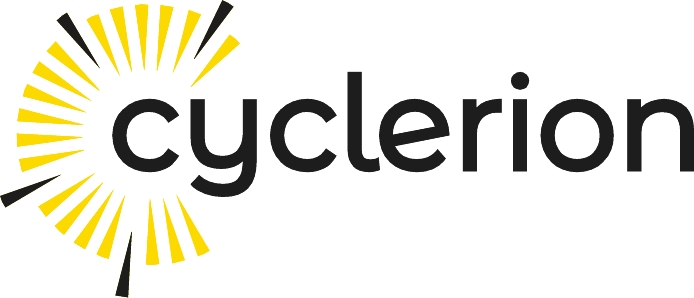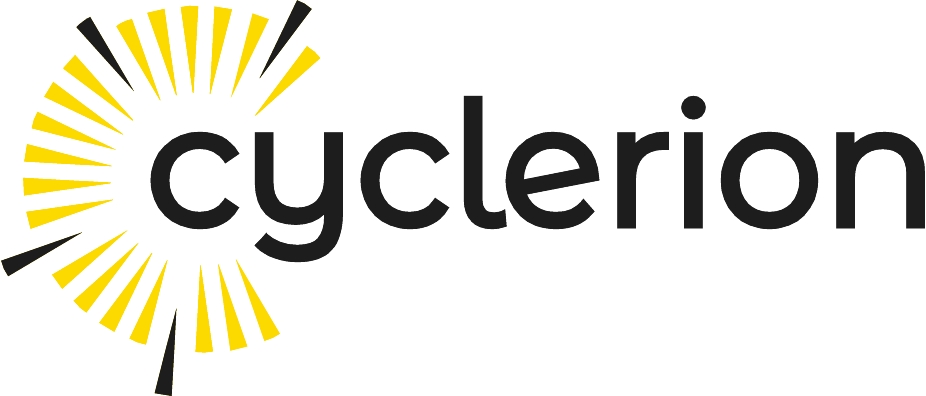Foreign sales of our product candidates could also be harmed by the imposition of governmental controls, political and economic instability, trade restrictions and changes in tariffs.
Our ability to generate meaningful revenues in jurisdictions outside of the United States may be limited due to the strict price controls and reimbursement limitations imposed by governments outside of the United States.
In some countries, particularly in the European Union, the pricing of prescription pharmaceuticals is subject to governmental control. In these countries, pricing negotiations with governmental authorities can take considerable time after the receipt of marketing approval for a drug. To obtain coverage and reimbursement or pricing approval in some countries, we may be required to conduct a clinical trial that compares the cost-effectiveness of our product candidate to other available therapies, or to meet other criteria for pricing approval. If reimbursement of a product candidate, if approved, is unavailable or limited in scope or amount, or if pricing is set at unsatisfactory levels, our business, prospects, financial condition and results of operations could be harmed.
If any of our product candidates obtain regulatory approval, additional competitors could enter the market with generic versions of such drugs, which may result in a material decline in sales of affected products.
Under the Hatch-Waxman Act, a pharmaceutical manufacturer may file an abbreviated new drug application (“ANDA”) seeking approval of a generic copy of an approved, small-molecule innovator product. Under the Hatch-Waxman Act, a manufacturer may also submit an NDA that references the FDA’s prior approval of the small-molecule innovator product. The Hatch-Waxman Act also provides for certain periods of regulatory exclusivity. These include, subject to certain exceptions, the period during which an FDA-approved drug is subject to orphan drug exclusivity. In addition to the benefits of regulatory exclusivity, an innovator NDA holder may have patents claiming the active ingredient, product formulation or an approved use of the drug, which would be listed with the product in the FDA publication, “Approved Drug Products with Therapeutic Equivalence Evaluations,” known as the “Orange Book.” If there are patents listed in the Orange Book, a generic or NDA applicant that seeks to market its product before expiration of the patents must include in the ANDA a “Paragraph IV certification,” challenging the validity or enforceability of, or claiming non-infringement of, the listed patent or patents.
Accordingly, if any of our product candidates are approved, competitors could file ANDAs for generic versions of our small-molecule drug products or NDAs that reference our small-molecule drug products, respectively. If there are patents listed for our small-molecule drug products in the Orange Book, those ANDAs and NDAs would be required to include a certification as to each listed patent indicating whether the ANDA applicant does or does not intend to challenge the patent. We cannot predict which, if any, patents in our current portfolio or patents we may obtain in the future will be eligible for listing in the Orange Book, how any generic competitor would address such patents, whether we would sue on any such patents, or the outcome of any such suit.
We may not be successful in securing or maintaining proprietary patent protection for products and technologies we develop or license. Moreover, if any of our patents that are listed in the Orange Book are successfully challenged by way of a Paragraph IV certification and subsequent litigation, the affected product could immediately face generic competition and its sales would likely decline rapidly and materially.
Risks Related to Our Business Operations
Our prospects for success depend on our ability to retain our management team and to attract, retain and motivate qualified personnel.
We are highly dependent on our management, scientific and medical personnel, including our Chief Executive Officer, Peter M. Hecht, Ph.D., our Chief Financial Officer, Anjeza Gjino, our Chief Scientific Officer, Andreas Busch, Ph.D., our Chief Operating Officer, Cheryl Gault, and our Chief Medical Officer, Christopher Wright, M.D., Ph.D. Despite our efforts to retain valuable employees, members of our management, scientific and development teams may terminate their employment with us on short notice. The loss of the services of any of our executive officers, other key employees and other scientific and medical advisors and an inability to find suitable replacements could result in delays in product development and harm our business. Pursuant to their employment arrangements, each of our executive officers, and other employees may voluntarily terminate their employment at any time, with or without notice. Our success also depends on our ability to continue to attract, retain and motivate highly skilled junior, mid-level and senior managers as well as junior, mid-level and senior scientific and medical personnel.

